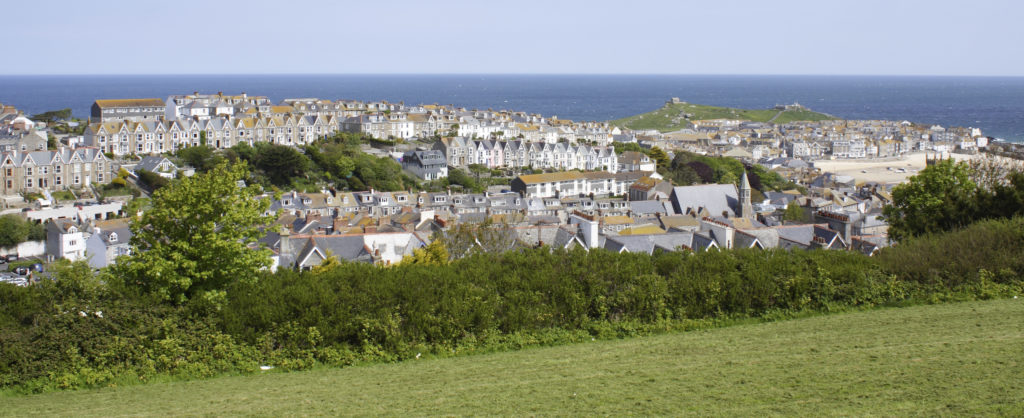
The restriction on St Ives second homes has found to be compatible with human rights. The Principal Residence policy within the proposed St Ives Neighbourhood Plan (‘SINP’) in Cornwall (dubbed the ‘second homes ban’) has been determined to be compatible with human rights in a recent Judicial Review decision.
The decision
The challenge was based on whether Cornwall Council’s decision to allow the referendum on the SINP to go ahead was compatible with human rights legislation.
Policy H2 of the SINP states: “new open market housing, excluding replacement dwellings, will only be supported where there is a restriction to ensure its occupancy as a Principal Residence”, and “Principal Residences are defined as those occupied as the residents’ sole or main residence, where the residents spend the majority of their time when not working away from home.”
The main ground of the challenge was that H2 was incompatible with Article 8 of the European Convention on Human Rights: “Everyone has the right to respect for his private and family life, his home and his correspondence” and “There shall be no interference by a public authority with the exercise of this right except such as is in accordance with the law and is necessary in a democratic society in the interests of… …economic well-being of the country… …or for the protection of the rights and freedoms of others.”
The parties accepted that article 8 was not engaged in respect of houses that do not currently exist. In respect of a future breach the judge expressed doubt whether a policy that might give rise to future circumstances in which article 8 is engaged and infringed, necessarily itself engages article 8. However, he went on to consider that there were sufficient checks and balances in the enforcement of such a restriction to enable article 8 rights to be properly considered at that time.
When considering whether any interference with article 8 was justified, the judge referred to the SINP Examiner’s finding that “the restriction on further second homes does in fact contribute to delivering sustainable development” and with reference to the NPPF concluded that H2 thus promotes “the economic well-being of the country”. He further considered that H2 was in pursuit of the protection and freedoms of others.
Potential implications
With this judgment it is anticipated that other areas will seek to apply similar restrictions on new homes. Some commentators have already stated that such restrictions will reduce the sale price of such homes and consequently result in a reduction in the delivery of affordable homes in the area. The potential reduction in sale price was noted in the judgment in that the sale price will reflect the risk of the purchaser ceasing to meet the terms of the restriction in the future. It remains to be seen how the restriction will be considered by mortgagees.
Much will turn in the future on how the term ‘Principal Residence’ is applied, but the hearing gave some clarity to that issue, with Cornwall Council submitting that a person can potentially work away from their home for five days a week without being in breach of the policy by retaining their home in St Ives as their principal residence.
It also remains to be seen how this policy (which will only apply to new homes) will affect St Ives in the future. With new homes tending to be built on the outskirts, the H2 policy will tend to have the effect of directing second home purchasers to existing homes in the town centre. It is anticipated that these town centre homes will now command an additional premium to reflect them being free of the H2 policy restriction.
Stephens Scown acted for the client who brought the challenge to Cornwall Council’s decision to hold a referendum on the St Ives Neighbourhood Plan. Chris Tofts is a partner and head of planning at Stephens Scown. He can be contacted on 01872 265100 or planning@stephens-scown.co.uk
A copy of the judgment is available here.
